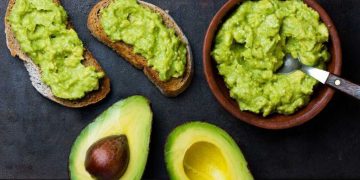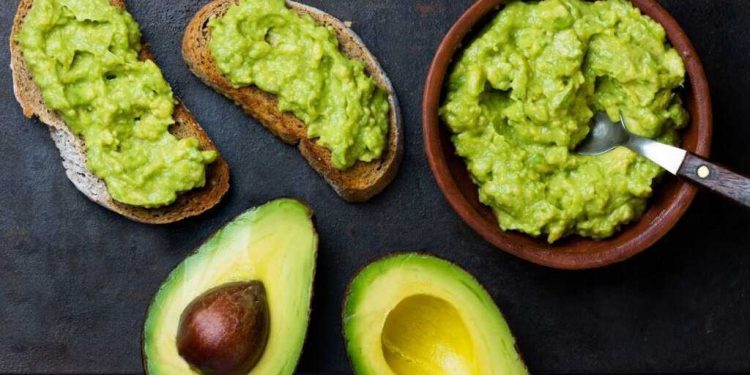#Agriculture #AvocadoIndustry #SouthAfrica #Export #China #AfricanAgriculture #AvocadoVarieties #AgricultureGrowth #AvocadoExport #MarketExpansion
In a groundbreaking move, South Africa’s Minister of Agriculture, Thoko Didiza, has signed an agreement with China’s Minister of Foreign Affairs, Wang Yi, to export avocados from South Africa to China. This deal presents a significant opportunity for South African avocado farmers, and in this article, we will explore the latest developments in the South African avocado industry, its growth, export potential, and how it compares to other African avocado producers.
South African Avocado Industry Flourishes Amid Export Agreement
South Africa’s avocado industry is on the brink of a major transformation following an agreement that paves the way for avocado exports to China. This momentous deal between South African Minister of Agriculture Thoko Didiza and Chinese Minister of Foreign Affairs Wang Yi has the potential to reshape the future of the South African avocado sector. With China emerging as a promising market for avocados, South African farmers have a golden opportunity to expand their production and increase their global footprint.
Growth Trajectory of the South African Avocado Industry
The South African avocado industry has experienced dynamic growth over the years. According to the South African Avocado Growers’ Association’s May report, the industry saw steady growth from the 1970s until 2003. Although growth stagnated between 2003 and 2008, it has since rebounded, thanks to surging consumer demand. The 2023 avocado tree census indicates that South Africa now boasts approximately 19,500 hectares of commercially planted avocado orchards, with an average of 800 hectares added annually.
Year-round Harvest and Avocado Varieties
Traditionally, South Africa’s avocado season spanned from February to October. However, with new plantings at higher altitudes and more southerly latitudes, avocado harvesting now occurs year-round. The peak harvest still takes place between February and August, but yields from September to January are rising as newly planted areas bear fruit. South Africa primarily cultivates dark-skinned Hass avocados and related cultivars, accounting for about 80% of the total avocado production. Green-skinned varieties like Fuerte, Pinkerton, Ryan, and Reed make up the remaining 20%.
Export Opportunities and Domestic Consumption
On average, South Africa produces around 139,400 metric tons of avocados each year, with 45% earmarked for export, primarily to the United Kingdom and the European Union. The remaining avocados are consumed domestically, with around 10% processed into avocado oil and puree. South Africa currently stands as the continent’s top avocado exporter, serving markets across Europe, the Middle East, and southern Africa. In 2023, South Africa is projected to export approximately 18 million cartons of avocados, a substantial increase from the previous year, driven by growing domestic demand.
Competing Avocado Producers in Africa
South Africa is not the sole avocado producer in Africa. Kenya, Tanzania, Mozambique, and Zimbabwe are also significant players in the avocado market. Kenya and Tanzania gained access to the Chinese market in June and November 2022, respectively, and began exporting avocados to China in July of the same year. The Avocado Society of Kenya reported exports exceeding $57 million in 2022, and China imported 3,674 metric tons of Kenyan avocados worth approximately $6.51 million by July 2023, according to China Customs data.
The recent agreement between South Africa and China to export avocados signifies a remarkable turning point for South African avocado farmers. With the expanding global demand for this nutrient-rich fruit, South Africa has positioned itself as a leading avocado exporter on the African continent. As the South African avocado industry continues to thrive and explore new markets, it is clear that this agricultural sector is ripe for prosperity in the years ahead.































